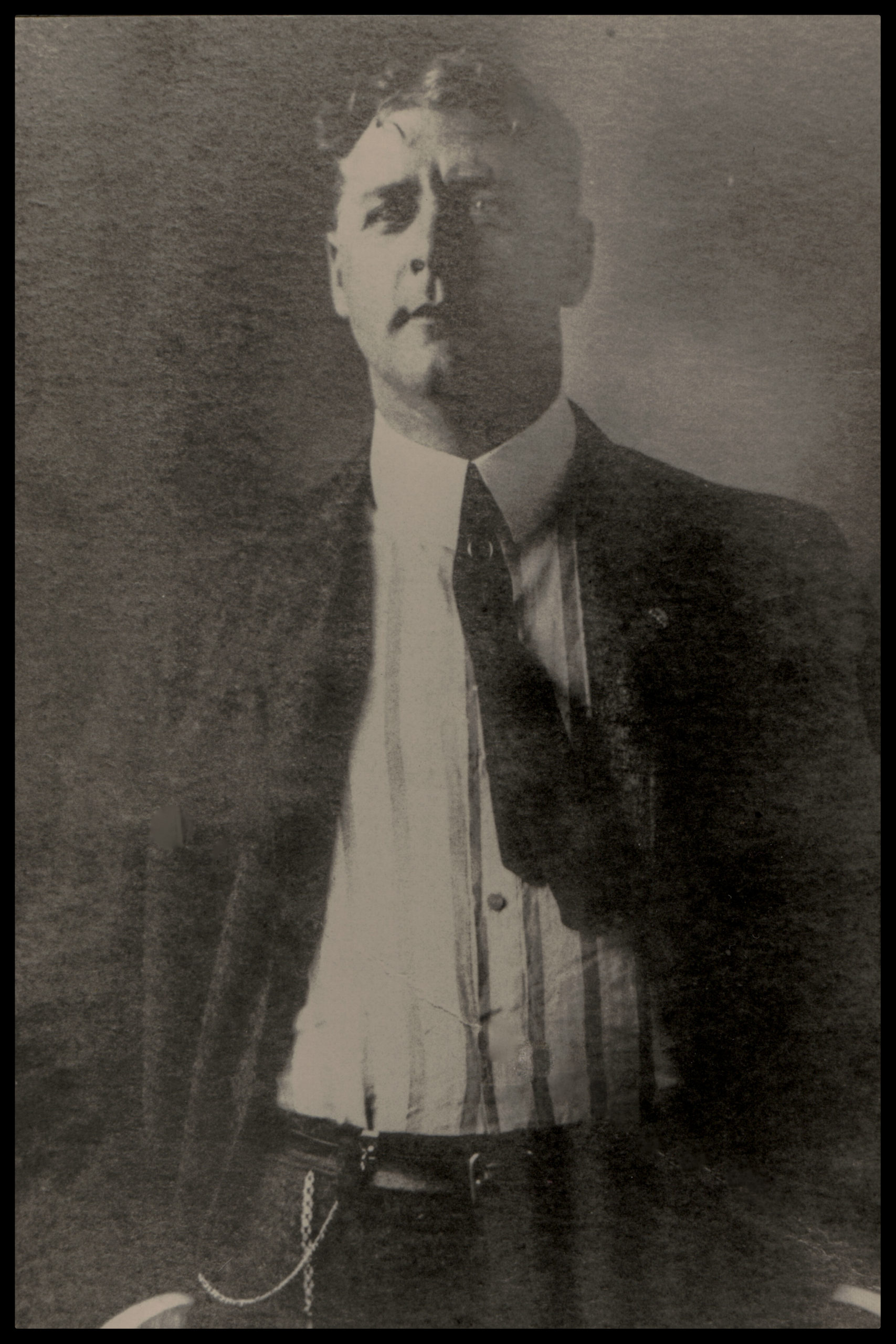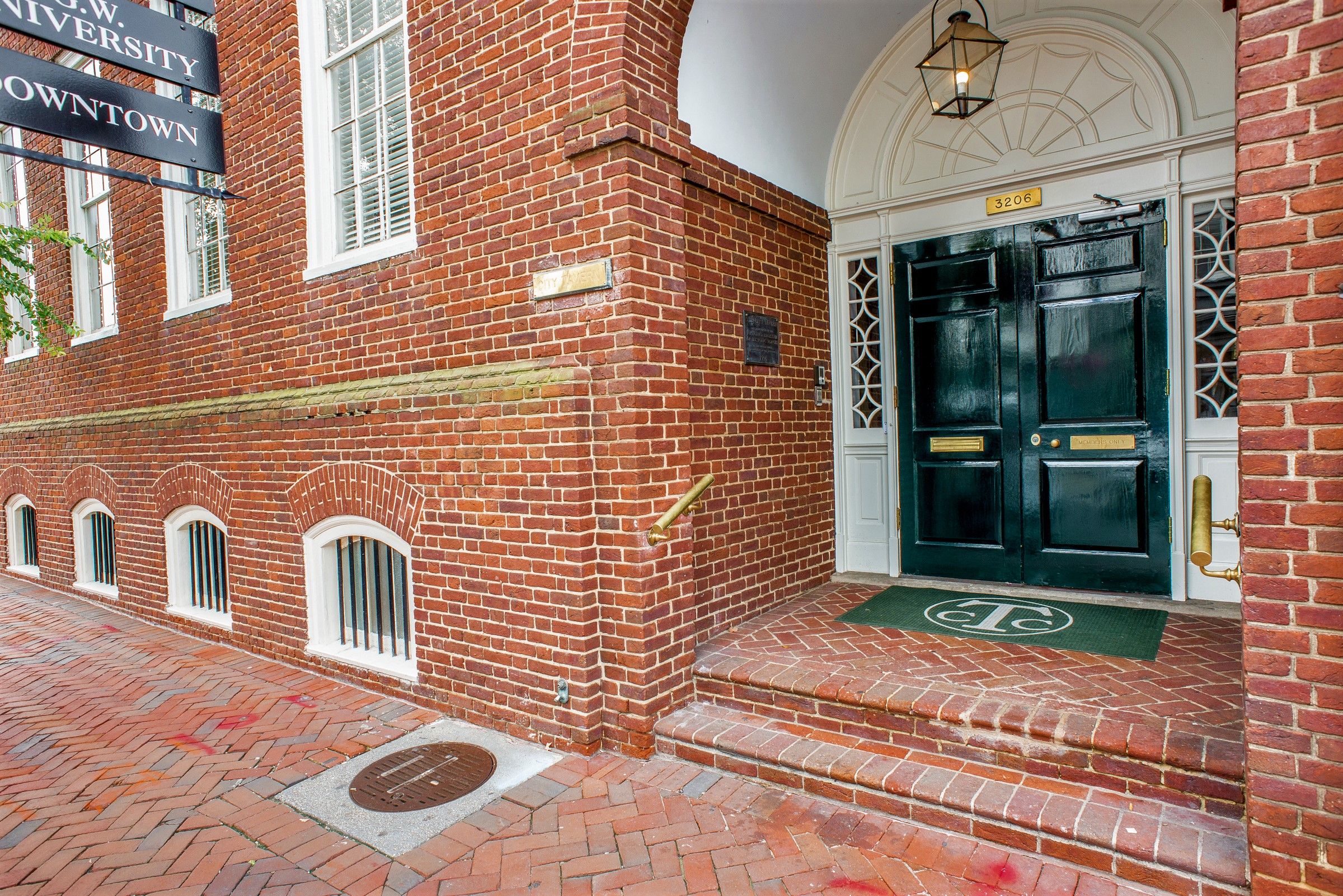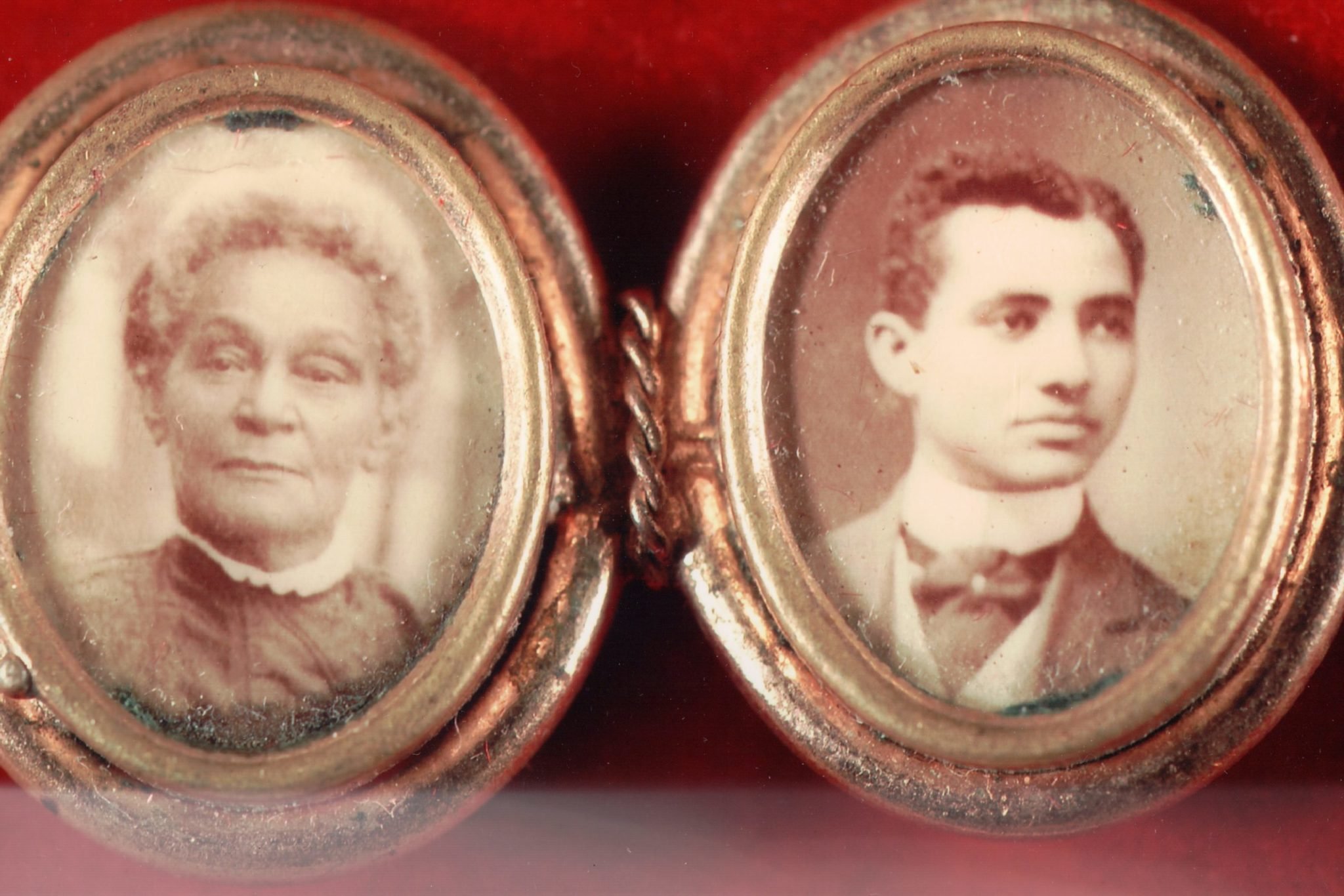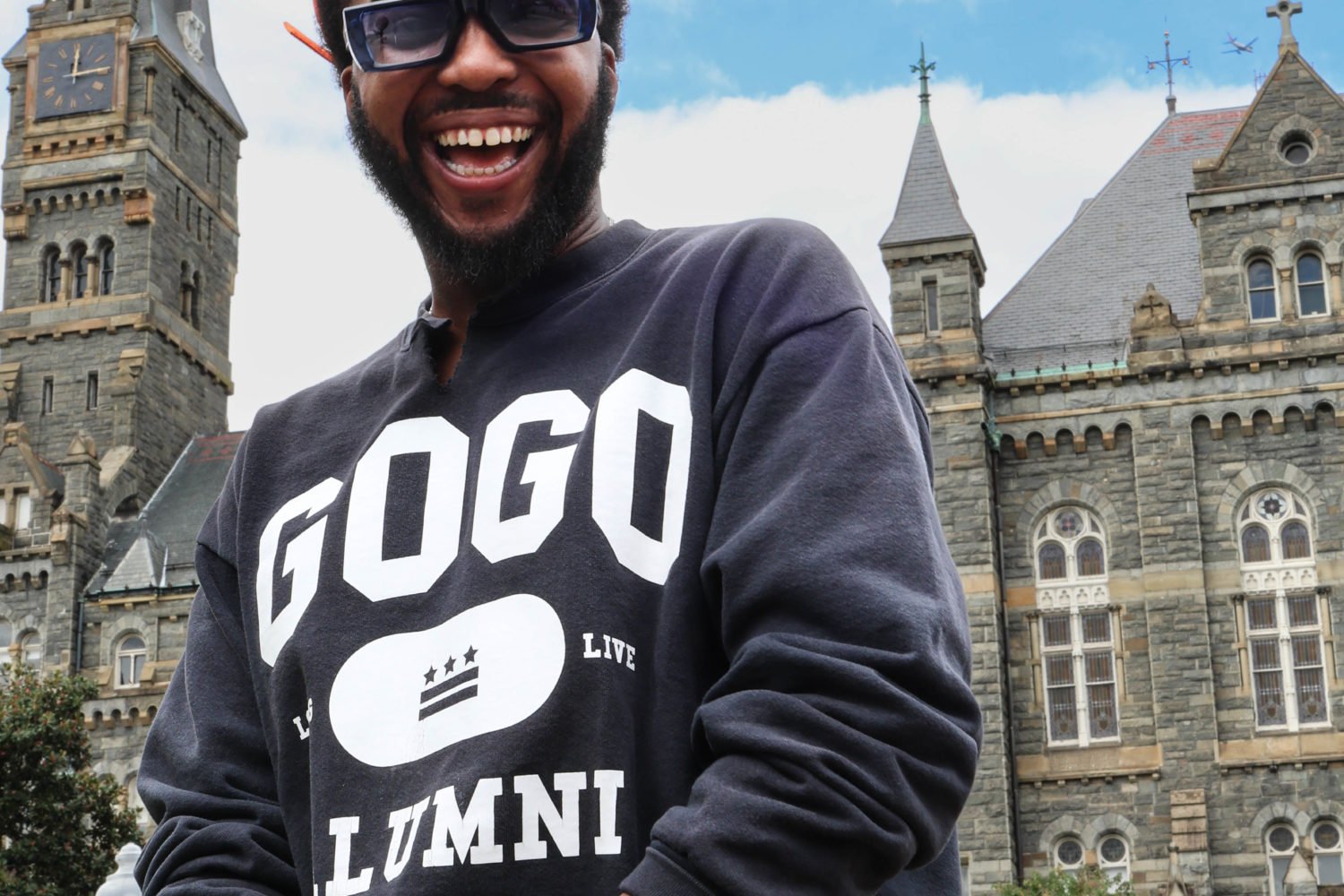In 1997, Yvette LaGonterie received a surprising email. Its subject line contained just one word and a question mark: “Cousin?”
The sender was a distant cousin who had located LaGonterie through their shared—and unusual—last name. That encounter sparked a correspondence with long-lost relatives and a decades-long quest for LaGonterie, who has spent the last 22 years piecing together her family history. The search has taken her to New York City and all over the United States, and to St. Lucia, Portugal, France, and London.
More recently, LaGonterie’s research has brought her close to home: Georgetown. She recently discovered that some of her relatives were enslaved in the building that is now home to the City Tavern Club on M Street, Northwest, until they were emancipated on April 16, 1862. Tonight at 7 PM, LaGonterie will speak at the club about her findings.
LaGonterie says her discovery is both exciting—she’s uncovered another branch in her family tree—and challenging to take in. She’s focused her research on Alfred Clarke, a direct ancestor of her mother’s cousin’s husband, who was enslaved in the Georgetown building in the mid-19th century. LaGonterie’s cousin and Alfred’s direct descendant, Lynette Clarke, will also be present at her talk.

Alfred Clarke was ten years old when he and his family were emancipated. He lived with ten other enslaved people, including his mother, Lizzie Clarke. Since learning his name, LaGonterie has been able to sketch the rough outlines of his biography: he continued to live in Georgetown on Dumbarton Street for much of his life, and married Jennie Cole in 1875 at Holy Trinity Catholic Church. Clarke worked in various trades throughout his life, including as a stevedore at the Georgetown docks. He died in his Georgetown home, 1669 32nd Street, Northwest, on June 6, 1925.
The Clarkes were enslaved by a widow named Eleanor Lang, who operated her business under the name the Georgetown Hotel from 1834 to her death in 1865. Before Lang owned the property, it was a tavern visited by the likes of George Washington and John Adams. When slavery was formally abolished in the District of Columbia in 1862, slaveholders had 90 days to file a petition for compensation—effectively, getting paid by the government for losing their free exploited labor. “It’s very ironic, of course,” LaGonterie says. “These people who were freed got nothing.” LaGonterie was able to locate her relatives by discovering the petition filed by Lang in 1862 on the National Archives’ website. Those petitions provide a huge archive of information about the people who owned slaves in the District at that time, and the enslaved people who lived and worked in their homes and neighborhoods. “We have these incredible records in DC, that are only in DC, no other no other jurisdiction has the kind of records,” LaGonterie says.
For instance, she also learned that Lang took out insurance on two adult men in Clarke’s family, so that if they lost their lives doing dangerous work for her, she would still get paid. The Clarke family were the descendants of two women whom Lang had purchased in the 1820s, when they were both 14 years old.
As LaGonterie worked on this project, she also worked to comprehend just how difficult her ancestors’ lives were. “Life was very tentative, very precarious. They had no control over what could happen to them,” she says.
After falling into disrepair for many years, the former Georgetown Hotel building reopened in 1959 as the City Tavern Club, an elite social club. The building now sits next to a Banana Republic. In October of last year, LaGonterie approached the Club to show her research, and members later invited her to give a talk on her findings. “This seemed like a really good opportunity to highlight a local family, and a different side of the history that we hadn’t had presented,” says Mary Beth Torpey, the president of the club and one of the people who helped organize LaGonterie’s talk. “I think that there are so many stories and our area that need to be told.”
LaGonterie grew up in Queens, New York, and moved to Washington 20 years ago for her job at US Citizenship and Immigration Services. In her Capitol Hill home, LaGonterie keeps a filing cabinet stuffed full of copies of documents: Census records, death certificates, birth certificates, applications for Social Security cards. After retiring from her 37-year-long federal career in 2016, LaGonterie has devoted herself to volunteering with the Afro-American Historical and Genealogical Society and the Ruth Ann Overbeck oral history project.
Recently, projects to unearth more about the roles enslaved people played in American history have received national attention, including the New York Times’ 1619 Project and “Slavery in the President’s Neighborhood,” a project from the White House Historical Association that documents the enslaved individuals who built, lived in and worked in the White House.
LaGonterie sees her own research as part of these larger national efforts to educate people about the untold histories of slavery in their own neighborhoods, homes, and businesses. “One of my objectives in disseminating this information is to make sure this information is being shared about the people who were enslaved, here and everywhere,” she says.
“It’s an investigation to turn over page after page and uncover new information that not only tells me the names and ages of individuals but tells me about their lives,” LaGonterie says. “It brings history alive, and it brings them alive.”



















